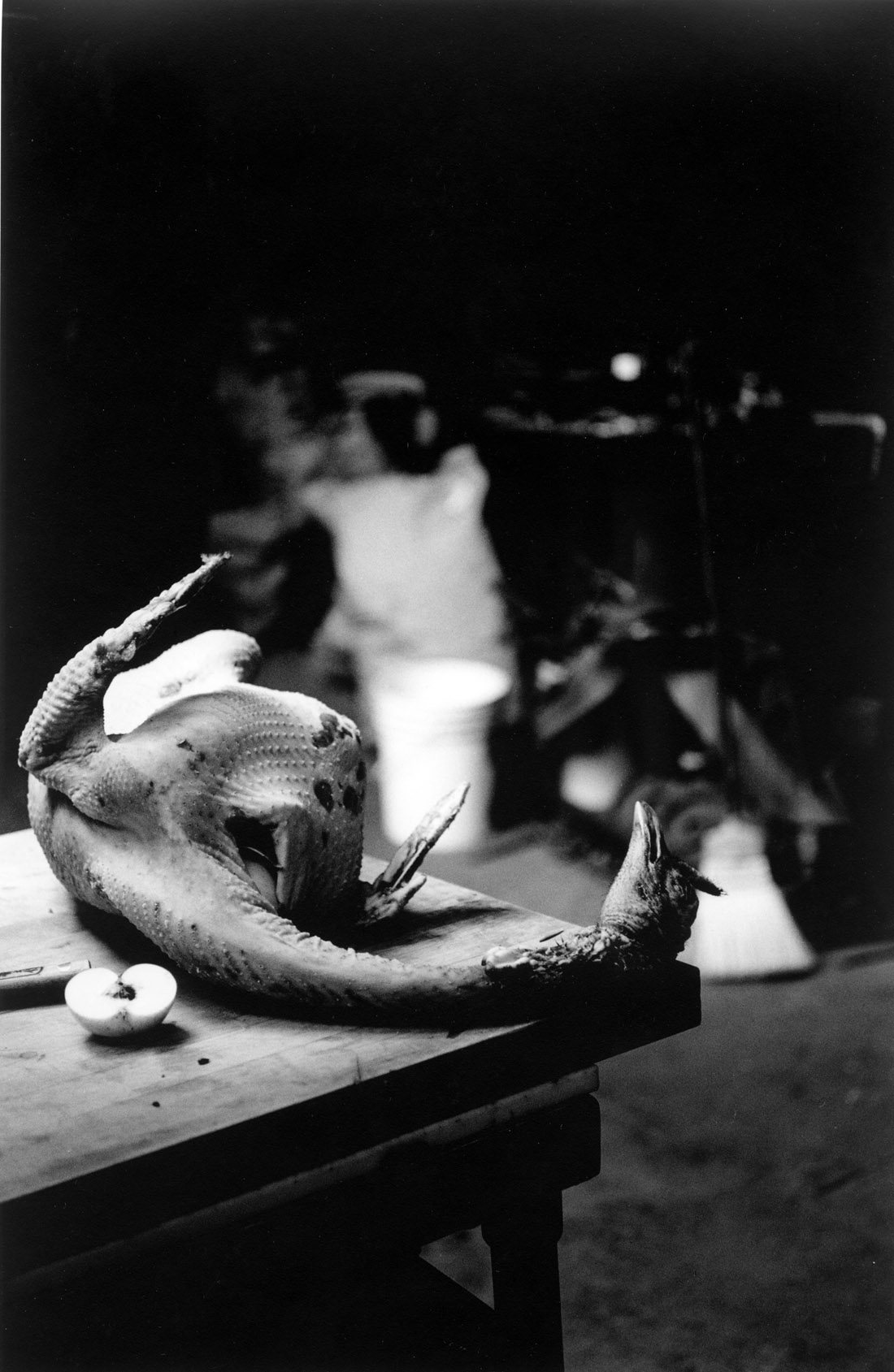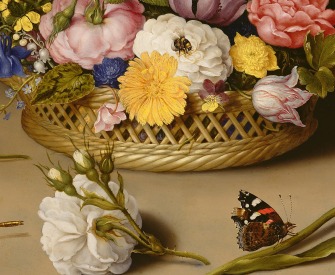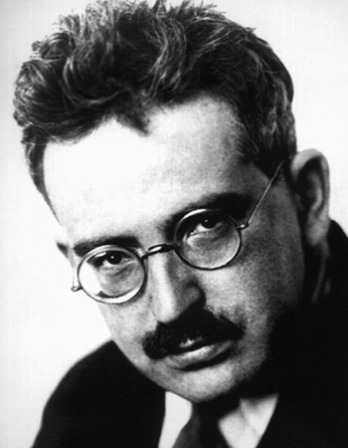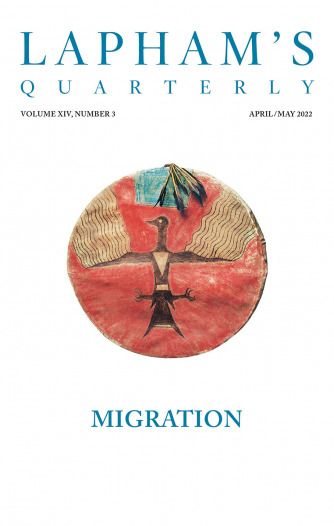It is a melancholy object to those who walk through this great town or travel in the country, when they see the streets, the roads, and cabin doors crowded with beggars of the female sex, followed by three, four, or six children, all in rags, and importuning every passenger for an alms. These mothers, instead of being able to work for their honest livelihood, are forced to employ all their time in strolling to beg sustenance for their helpless infants—who, as they grow up, either turn thieves for want of work, or leave their dear native country to fight for the pretender in Spain, or sell themselves to the Barbadoes.
I think it is agreed by all parties that this prodigious number of children in the arms or on the backs or at the heels of their mothers, and frequently of their fathers, is, in the present deplorable state of the kingdom, a very great additional grievance; and therefore whoever could find out a fair, cheap, and easy method of making these children sound useful members of the commonwealth would deserve so well of the public as to have his statue set up for a preserver of the nation.
I shall now therefore humbly propose my own thoughts, which I hope will not be liable to the least objection.
I have been assured by a very knowing American of my acquaintance in London that a young healthy child, well nursed, is at a year old a most delicious, nourishing, and wholesome food, whether stewed, roasted, baked, or boiled; and I make no doubt that it will equally serve in a fricassee or a ragout.
I do therefore humbly offer it to public consideration that of the 120,000 children already computed, twenty thousand may be reserved for breed, whereof only one-fourth part to be males—which is more than we allow to sheep, black cattle, or swine—and my reason is that these children are seldom the fruits of marriage, a circumstance not much regarded by our savages, therefore one male will be sufficient to serve four females. That the remaining hundred thousand may, at a year old, be offered in sale to the persons of quality and fortune through the kingdom, always advising the mother to let them suck plentifully in the last month so as to render them plump and fat for a good table. A child will make two dishes at an entertainment for friends, and when the family dines alone, the fore- or hindquarter will make a reasonable dish, and seasoned with a little pepper or salt, will be very good boiled on the fourth day, especially in winter.

A wild turkey being prepared by chef and blacksmith Angelo Garro, San Francisco. Photograph by Lena Herzog. © Lena Herzog
Infant’s flesh will be in season throughout the year, but more plentifully in March, and a little before and after, for we are told by a grave author, an eminent French physician, that fish being a prolific diet, there are more children born in Roman Catholic countries about nine months after Lent than at any other season; therefore, reckoning a year after Lent, the markets will be more glutted than usual, because the number of popish infants is at least three to one in this kingdom, and therefore it will have one other collateral advantage by lessening the number of papists among us.
I have already computed the charge of nursing a beggar’s child (in which list I reckon all cottagers, laborers, and four-fifths of the farmers) to be about two shillings per annum, rags included; and I believe no gentleman would repine to give ten shillings for the carcass of a good fat child, which, as I have said, will make four dishes of excellent nutritive meat, when he has only some particular friend or his own family to dine with him. Thus the squire will learn to be a good landlord and grow popular among his tenants; the mother will have eight shillings neat profit and be fit for work—till she produces another child.
Those who are more thrifty (as I must confess the times require) may flay the carcass, the skin of which artificially dressed will make admirable gloves for ladies and summer boots for fine gentlemen.
As to our city of Dublin, shambles may be appointed for this purpose in the most convenient parts of it, and butchers we may be assured will not be wanting; although I rather recommend buying the children alive and dressing them hot from the knife, as we do roasting pigs.
A very worthy person, a true lover of his country, and whose virtues I highly esteem, was lately pleased in discoursing on this matter to offer a refinement upon my scheme. He said that many gentlemen of this kingdom, having of late destroyed their deer, he conceived that the want of venison might be well supplied by the bodies of young lads and maidens, not exceeding fourteen years of age nor under twelve, so great a number of both sexes in every county being now ready to starve for want of work and service—and these to be disposed of by their parents if alive, or otherwise by their nearest relations. But with due deference to so excellent a friend, and so deserving a patriot, I cannot be altogether in his sentiments; for as to the males, my American acquaintance assured me from frequent experience, that their flesh was generally tough and lean, like that of our schoolboys, by continual exercise, and their taste disagreeable, and to fatten them would not answer the charge. Then as to the females, it would, I think with humble submission, be a loss to the public, because they soon would become breeders themselves—and besides, it is not improbable that some scrupulous people might be apt to censure such a practice (although indeed very unjustly) as a little bordering upon cruelty, which, I confess, has always been with me the strongest objection against any project, how well soever intended.
From “A Modest Proposal.” Swift took orders in the Anglican Church, becoming an ordained priest in 1695 at the age of twenty-seven. He published anonymously in 1704 his popular satire A Tale of a Tub, which also included the “Battle of the Books” and the “Discourse Concerning the Mechanical Operation of the Spirit.” He published Gulliver’s Travels in 1726 to immediate success. He died in 1745 at the age of seventy-seven.
Back to Issue





